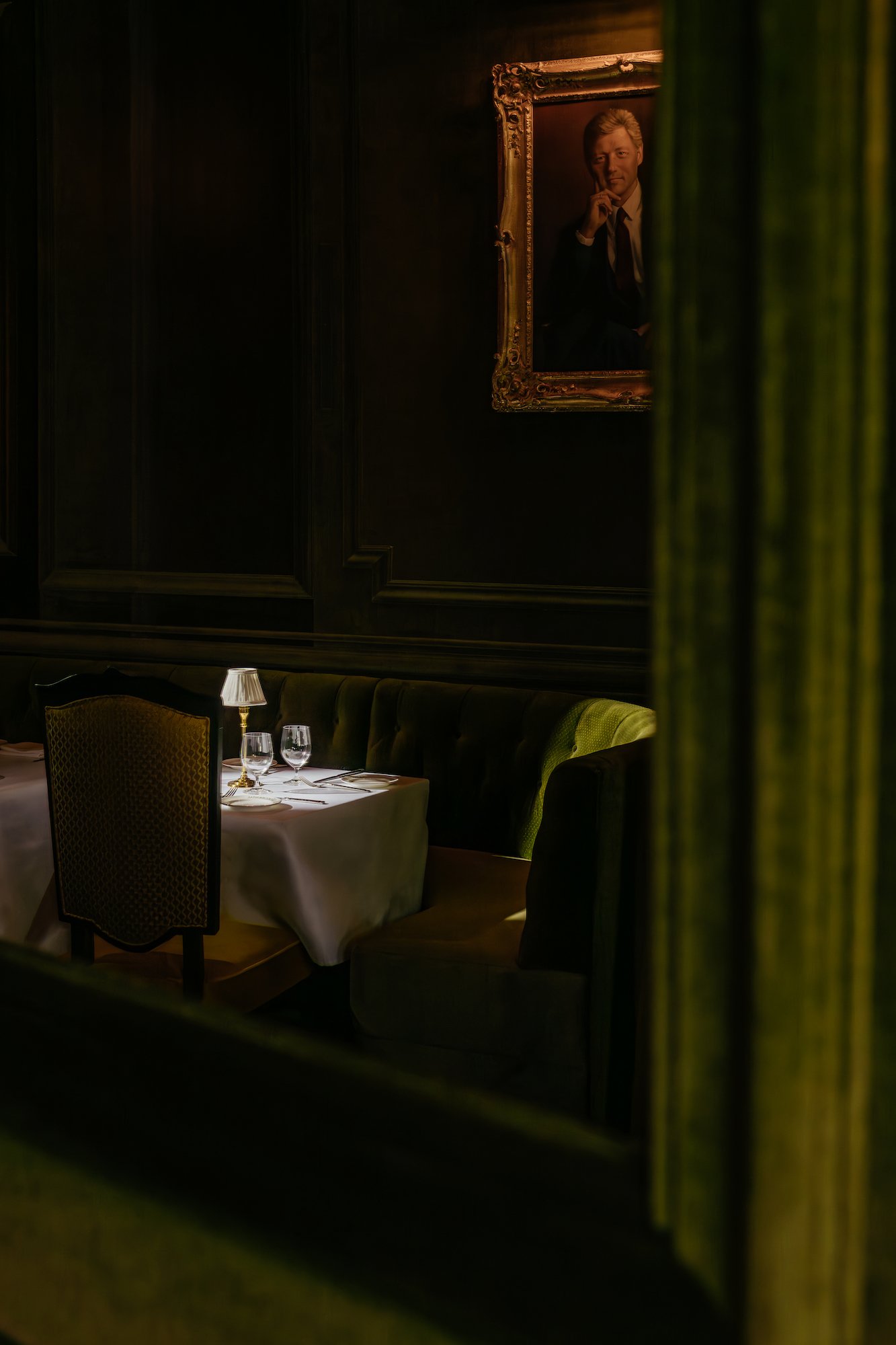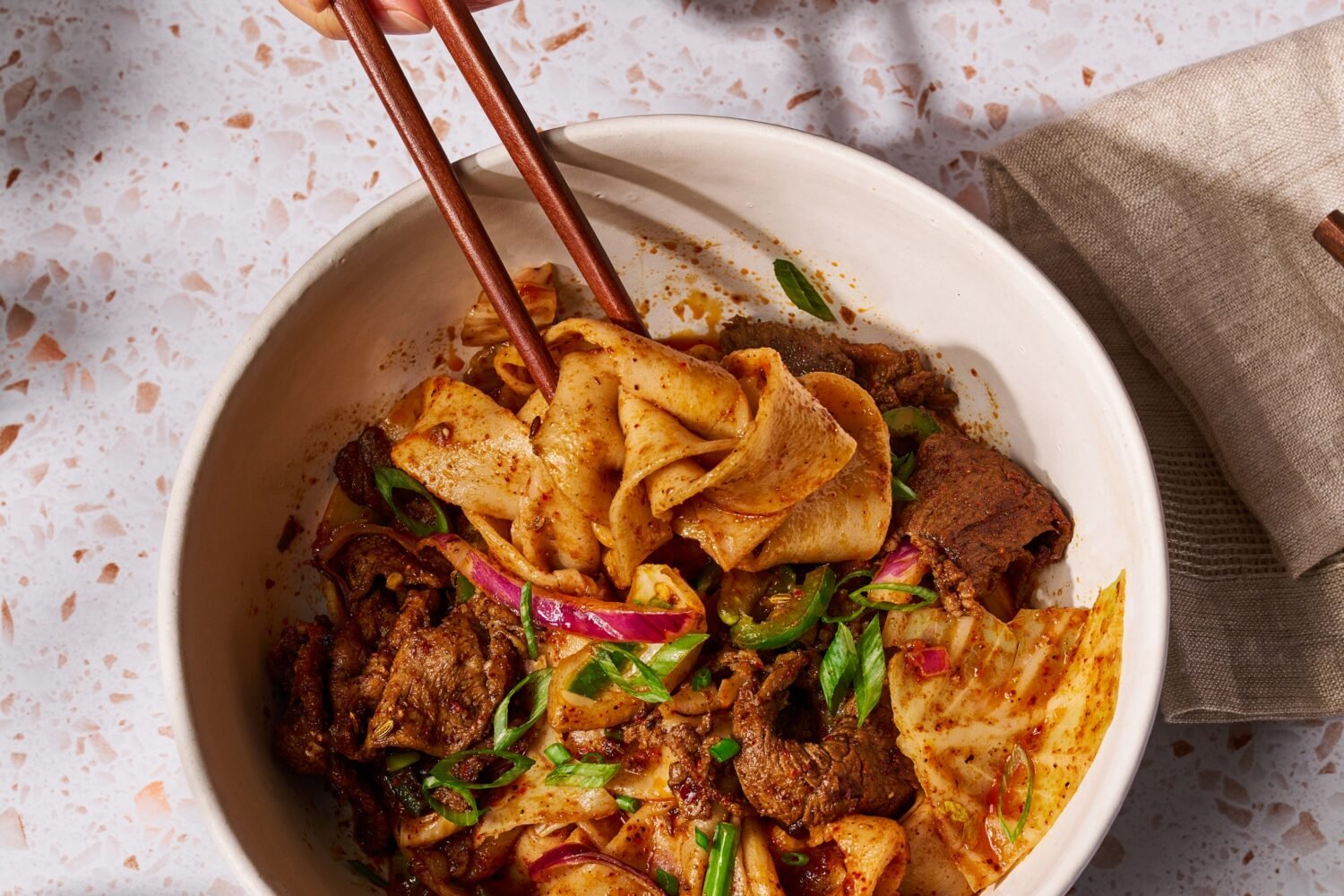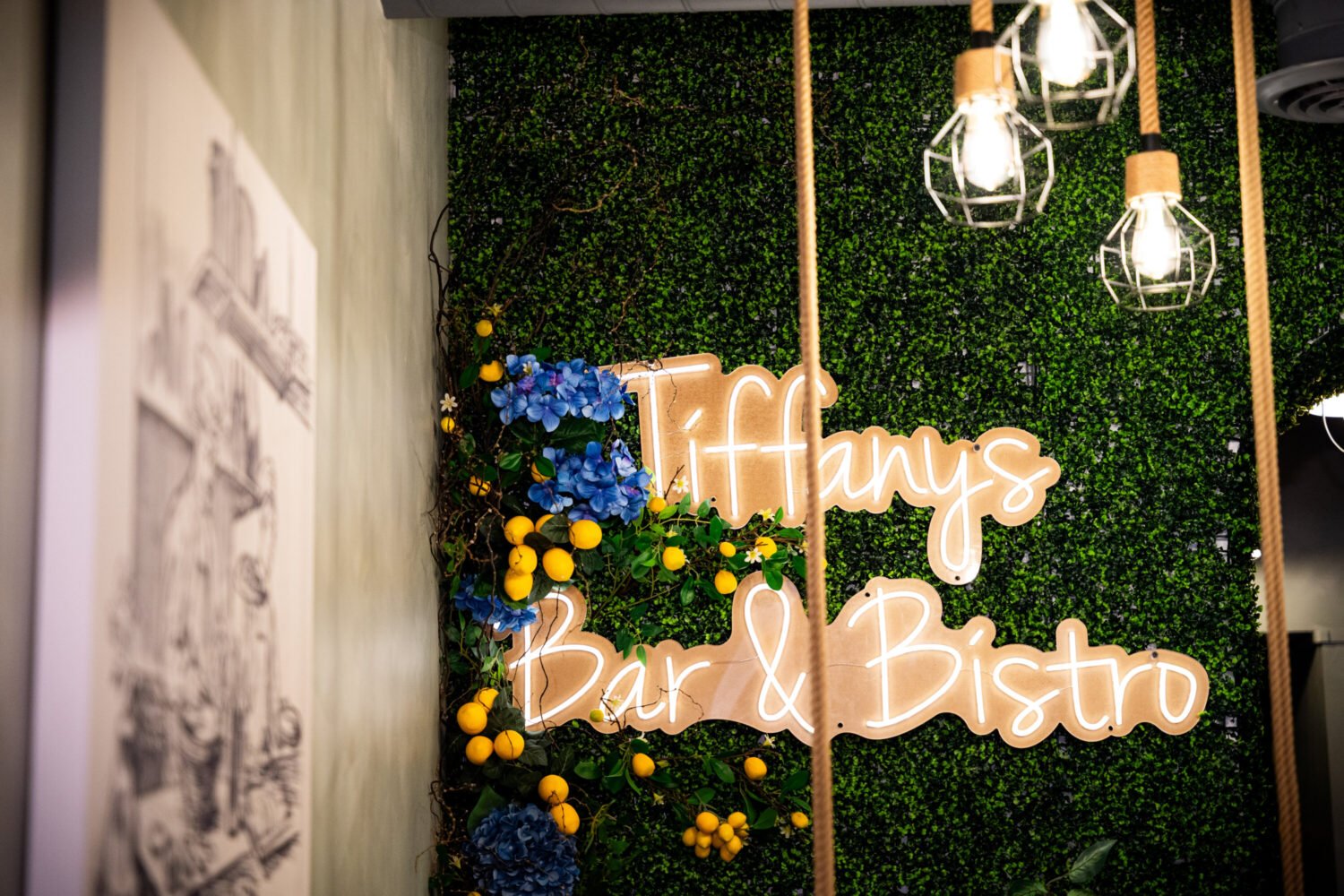About Restaurant Openings Around DC
A guide to the newest places to eat and drink.
Getting Washingtonians excited about the pageantry and glamour of politics might be a tough sell at the moment. But Stephen Starr is trying.
The Occidental, his much-awaited revival of the storied 120-year-old Willard Hotel restaurant, opens Wednesday, March 5, bringing Cold War-era dishes and cold martinis to a longtime power lunch spot that had seen better days, but once entertained presidents and generals.
“We’re connecting to the history of it, and we just added some romance and sex appeal to it,” says Starr, who’s also behind Le Diplomate, St Anselm, Pastis, and El Presidente.
STARR Restaurant Group’s other DC restaurants attract prominent figures—Obama, Bezos, and (last night, per Starr) Biden have already eaten at Osteria Mozza, his new Georgetown collaboration with LA chef Nancy Silverton. But the Occidental is the closest the restaurateur has ever been to the heart of the nation’s capital.
Here’s how he pictures his ideal clientele at the new restaurant: “In my mind, my fantasy is congressmen, senators, female spies from Israel and Abu Dhabi,” Starr says. “That’s the movie in my head. I may have dentists from Virginia coming instead, I don’t know.”
Secret agents and endodontists alike will settle into green velvet banquettes and dine on throwback dishes that call to mind icons of early 20th century American dining like Delmonico’s in New York and Antoine’s in New Orleans. In fact, many of chef Neil O’Connell’s dishes were inspired by decades-old menus from earlier iterations of the Occidental, which first opened in 1906.
They blend classic glitz with nostalgic ‘50s-style quaintness. The appetizer menu includes shrimp cocktail and three options for caviar service. Also shrimp Louis—a chilled salad with remoulade—and pigs in a blanket.
Lobster Newburg, rich with cognac and cream, was popularized by Delmonico’s, and appears deconstructed here, as does “pheasant under glass,” a showy game dish with foie gras that was a favorite at Antoine’s. Prime rib is a signature dish at the Occidental, as it was at many upscale American eateries of the last century. But there’s also Virginia ham garnished with sliced pineapple, beef stroganoff, and steak Diane, a retro faux-French recipe you might recognize from the Joy of Cooking. “I think there’s ketchup in it,” Starr says.
Desserts come from the same vernacular: Baked Alaska, coconut chiffon cake, and bananas foster flambéed at the table. And the bar menu, developed by longtime Starr mixologist Mark Murphy, is focused on stiff classics. The house martini, served frigid and poured tableside, can be made with 50 different gins or vodkas. Murphy’s own riffs including the Polynesian martini—coconut washed gin, sweet vermouth, and cardamom bitters—are mostly variations on that theme. There’s a deep wine cellar with plenty of pricey vintages.
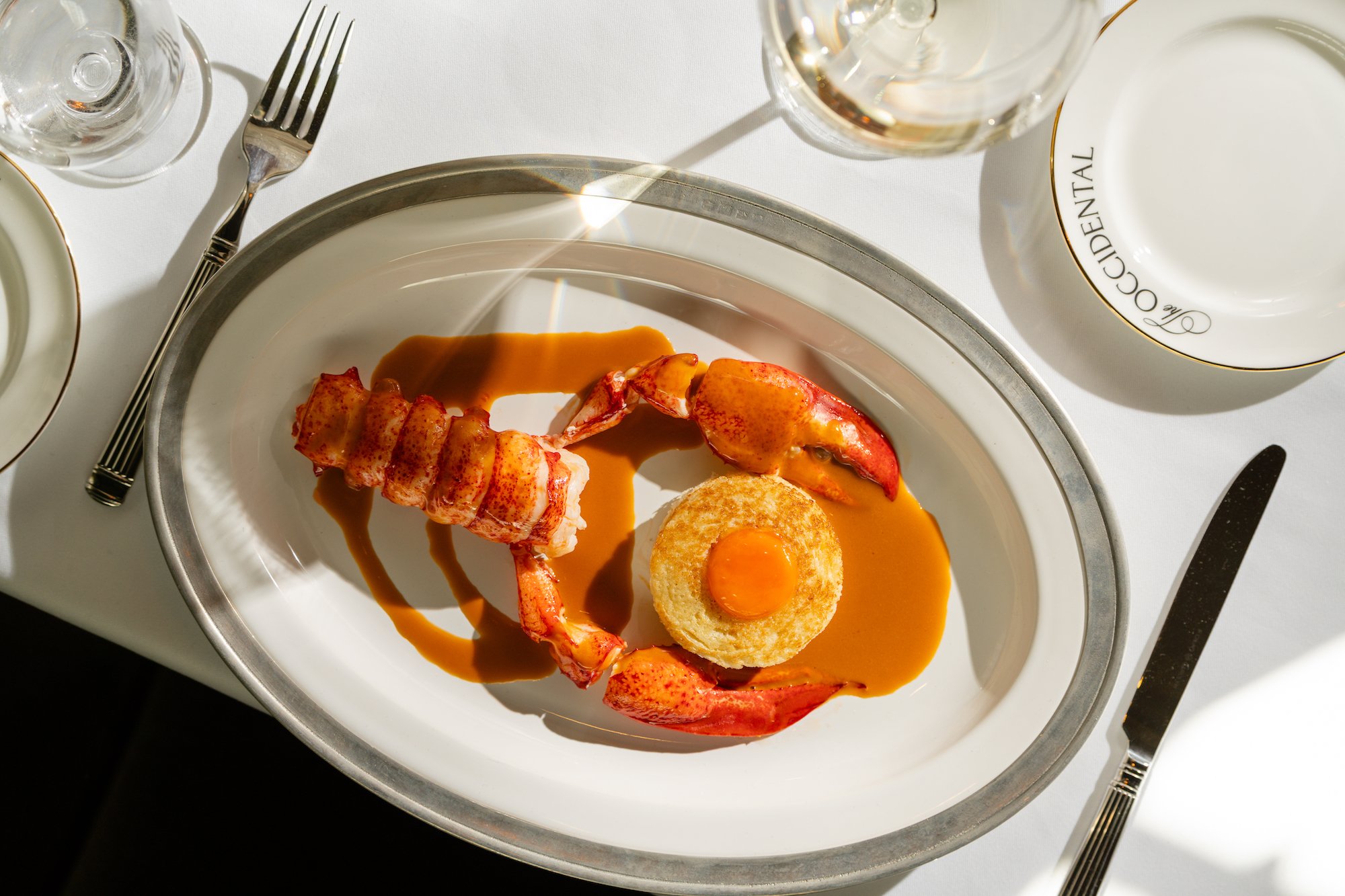
Through its several decades, the Occidental has had a number of iterations and taken several hiatuses. Starr and his designer, Ken Fulk, looked to the first half of the 20th century for inspiration. They saved most of the portraits on the walls of figures like Franklin Roosevelt, Douglas MacArthur, Dwight Eisenhower, Richard Nixon, Jesse Jackson, and Bill Clinton, some of whom dined there. They added parquet floors, crystal chandeliers, an art deco-style downstairs bar and a secluded cocktail bar upstairs, and an old-fashioned mural by artist Tug Rice with a party scene that evokes cozy institutions like Bemelmans in New York.
And the new Occidental pays homage to a famous story from the restaurant’s history: the “Pork Chop That Saved the World.” In 1962, ABC News correspondent John Scali lunched on the Occidental’s pork chops with KGB station chief Aleksandr Fomin, and the two devised a deal—suggested formally by Nikita Khrushchev shortly afterward—to end the Cuban Missile Crisis. (Starr’s Pork Chop That Saved the World comes with gremolata and fondant potatoes.)
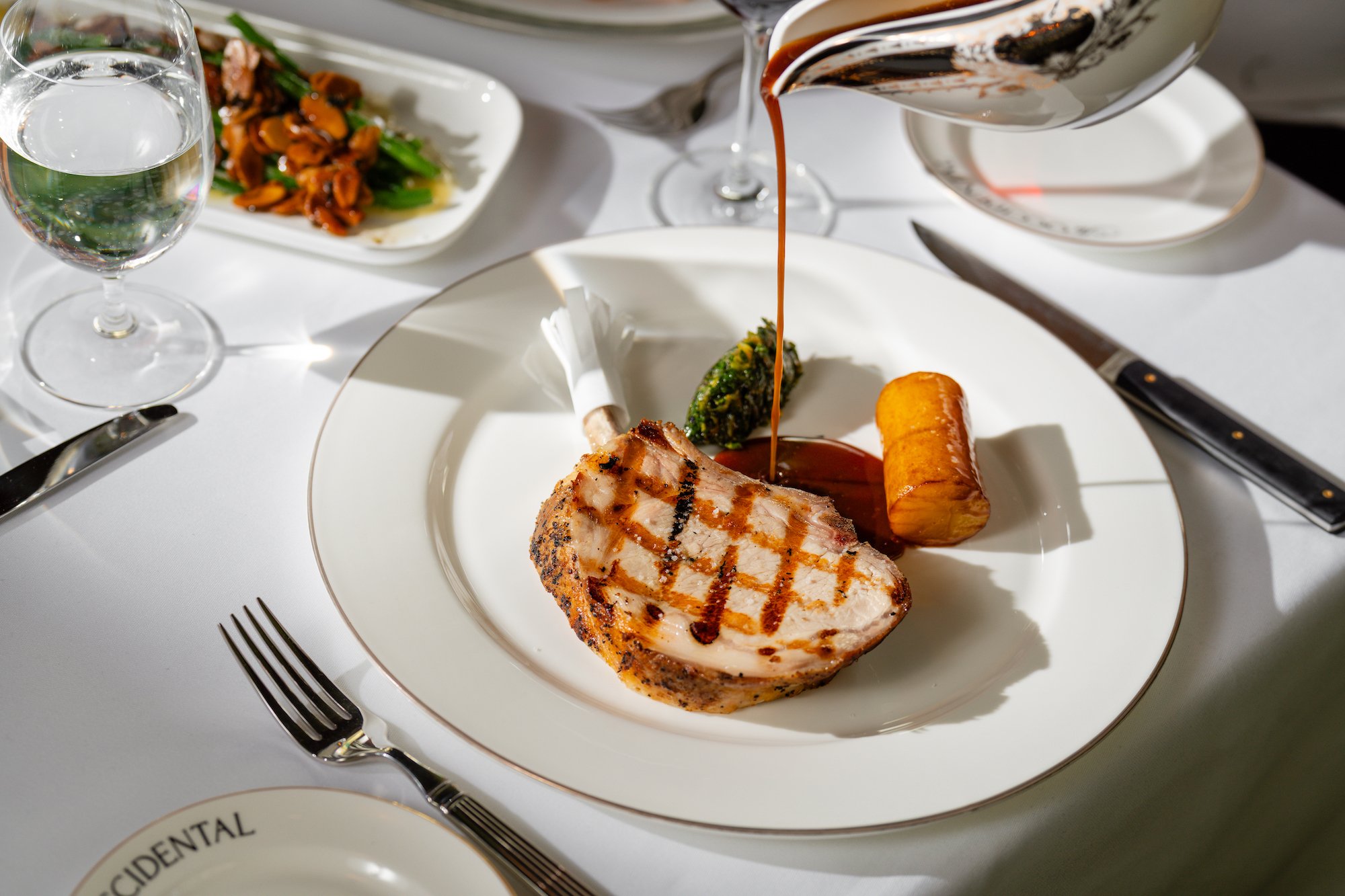
A year and a half after Starr first made the deal to revamp the Occidental, it’s quite another moment in DC. Starr is now opening a playground for political insiders one block from the Trump White House as it works to dismantle the US government as we know it.
During the first Trump administration, many of DC’s best restaurants felt almost off-limits to high-profile MAGA types. Protesters shouted “shame!” at Homeland Security Secretary Kirstjen Nielsen when she was spotted dining at a Mexican restaurant. This time around, despite heavy opposition to Trump from deep-blue Washington, there are indications that some of the city’s new dining rooms are friendlier turf for the president’s team.
Butterworth’s, a contemporary French place on Capitol Hill, is a hangout for right-wing bloggers and Republican staffers. Before it opened outright, Ned’s Club, a new private club near the White House, hosted an inauguration weekend bash for the hosts of All-In, a conservative podcast. Robert F. Kennedy Jr. was in attendance.
What about The Occidental? Starr speaks carefully about the issue. His new restaurant, he said, would be a place for political discussions and deals, sure, but not arguments.
“Everyone’s going to come here,” he says. “We’re looking to have a party that represents all parties.”
“I may be naive and idealistic,” Starr says, “but I think this is a place where we can have some bipartisan discussions and share a martini or a steak or prime rib together and not argue.”
Meanwhile, Starr is contending with internal politics. Employees at Le Diplomate, Pastis, and St Anselm announced their intention to unionize in January, and accused the Starr group of retaliation and intimidation in response. St Anselm employees voted 51 to 42 to unionize a couple weeks ago, but Starr’s representatives accused the union, Unite Here Local 25, of pressuring and bullying. At Pastis, employees voted 56-36 last week against unionizing. A union election for Le Diplomate has been put off after the restaurant group petitioned the National Labor Relations to cancel it, according to the local.
Unite Here plans to picket the Occidental on opening night to call attention to the fight.
“A STARR manager at Pastis has already made a threatening comment about a potential union at the Occidental, and the restaurant hasn’t even opened,” says union spokesman Benjy Cannon. “This is exactly why STARR workers need a fair union process to decide on unionization free from threats and intimidation.”
Starr’s team would not allow any questions about the union drive in our interview. They pointed to earlier public statements which denied the union’s accusations of unfair labor practices and said the restaurant group “takes pride in the benefits, professional workplace, and growth opportunities” it offers its workers. The union’s tactics, they said, were “coercive” and “abhorrent.”
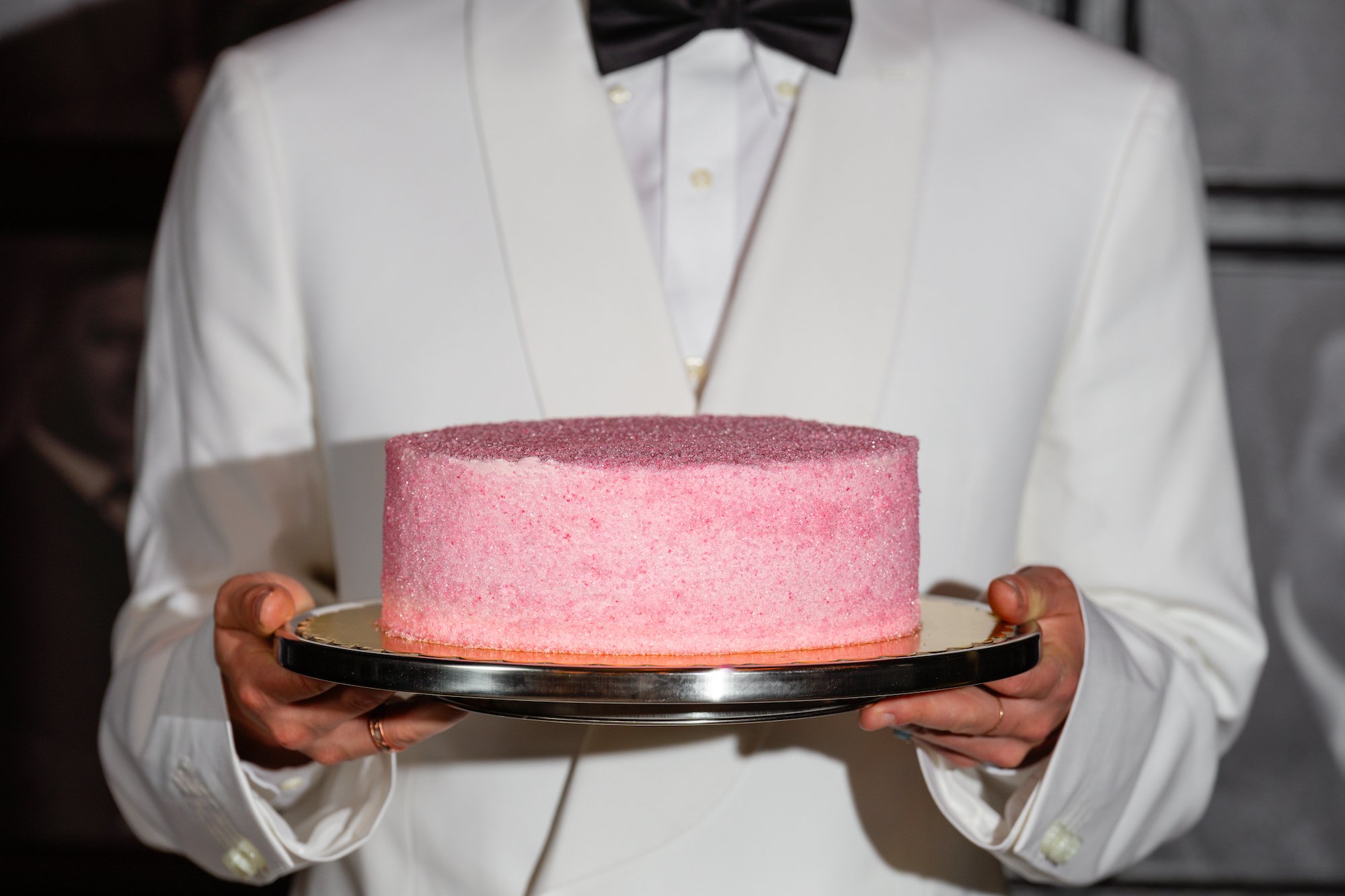
All this hasn’t stopped Starr from opening the new restaurant. Maybe nothing would: he’s kept up quite a pace since the pandemic. “There’s probably a little something crazy about it,” Starr says. “Part of me still has that feeling that I’m not going to stay in business, so I open the next thing just in case the old thing doesn’t work out—if I’m self-examining and trying to figure out why I keep doing this.”
But unlike Starr’s other most recent DC restaurants, which have been local iterations of pre-existing restaurants from New York or Los Angeles, the Occidental is a Washington original. In fact, Starr is so excited about it that he’s already floating a potential New York branch. “This is totally Washington,” he says. “If anything, I could take this somewhere else.”

